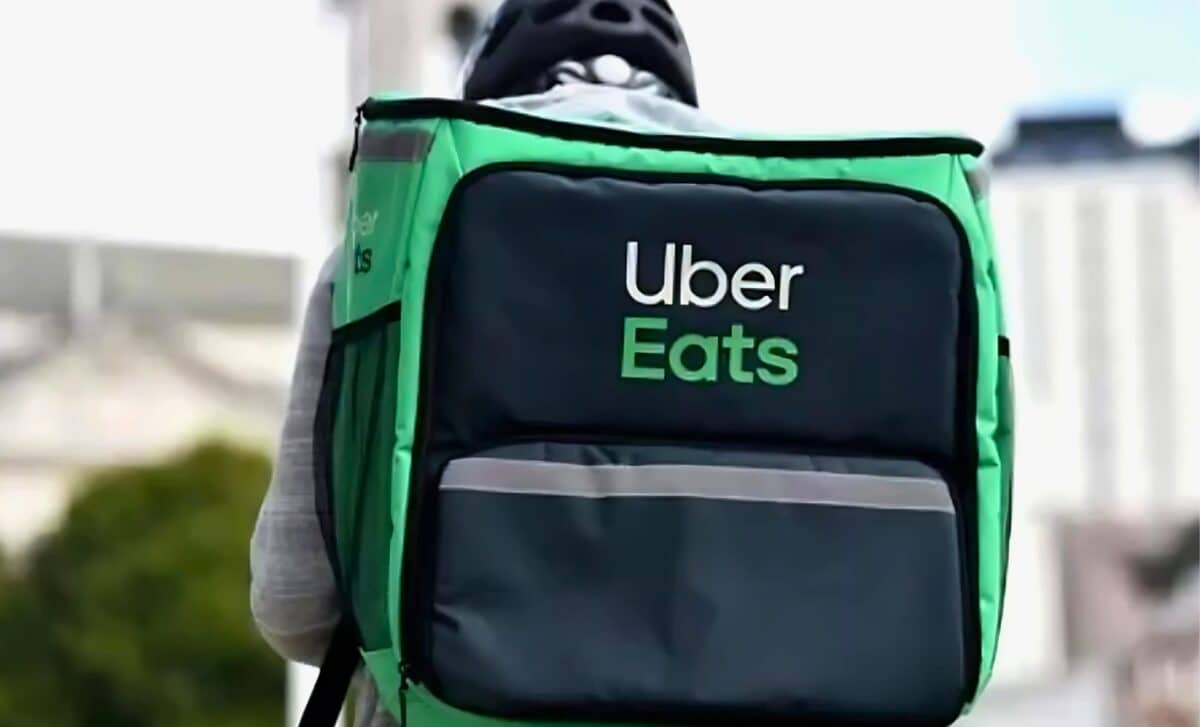Two men have been indicted for defrauding Uber Eats of €2.4 million over a span of two years. From January 2022 to June 2024, the suspects utilized bots, fake accounts, and an illicit business model advertised through a Telegram channel called Fast Eats. The scheme exploited the platform’s refund system, enabling them to reap massive financial gains before their arrests.
How the Scheme Operated
The fraud targeted Uber Eats’ first-order refund policy, which allows users to receive reimbursements for initial issues with their orders. The suspects automated the creation of 137,000 fake accounts, each used to claim these refunds repeatedly. By leveraging bots, they streamlined the operation and minimized manual intervention.
Through Fast Eats, the fraudsters attracted customers by offering discounted meals at 50% off the regular price. While the buyers paid only half the cost, the suspects claimed full refunds from Uber Eats for the same orders, pocketing the difference and amassing significant profits.
Cracking the Uber Eats Fraud Operation
The scheme came to light in April 2024 when Uber Eats noticed a suspiciously high volume of refunds associated with first-time orders. The company filed a complaint, prompting an investigation by the cybercrime unit and the Paris Research Section of the Gendarmerie. The investigation linked the fraudulent activity to two individuals, leading to their arrests in Saint-Nazaire (Loire-Atlantique) and Nanterre (Hauts-de-Seine).
Investigators discovered evidence pointing to the use of cryptocurrency transactions, bots, and a meticulously managed Telegram channel. One suspect, alleged to be the channel’s owner, is also accused of erasing records of approximately €200,000 in cryptocurrency transactions. Despite the mounting evidence, his lawyer has stated that he denies the allegations.
Courses Sold for up to 500 Euros
Beyond executing the scam, the suspects sold their techniques to others. Through Fast Eats, they offered training programs, referred to as “techs,” that instructed individuals on how to replicate the refund fraud. These guides were sold for between €300 and €500, broadening the scope of their operation by enabling others to participate in similar schemes.
Current Developments
The investigation remains ongoing, with authorities examining further evidence and tracing financial transactions linked to the scam. Uber Eats continues to work with investigators to resolve the case and assess the broader impact of the fraud. Additional updates are expected as the judicial process proceeds.









